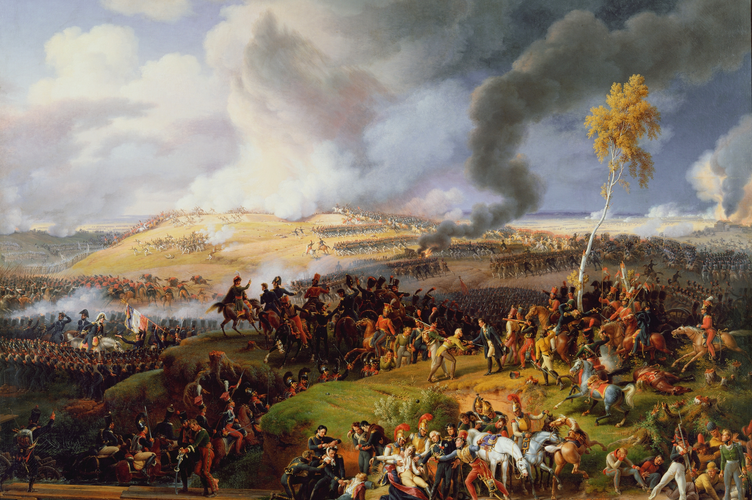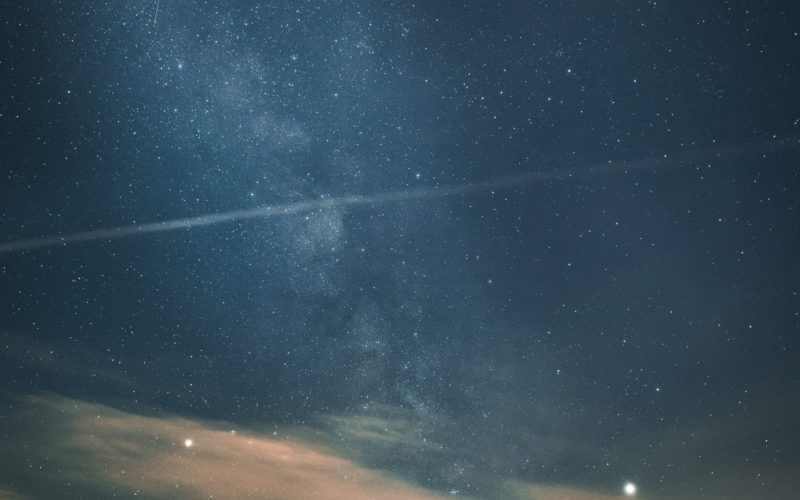The Beauty of Christianity
John Donne’s (1572-1631) poem The Bait is a poem about the winsome appeal of Jesus Christ, his teachings, message and life. Here at Well Read Christian we take the truth of Christianity’s attractive nature to heart, and even though arguments and critical thinking are essential, there is a beauty to the Christian viewpoint that advocates sometimes forget. We would like to share with you our vision––and the poem––in this episode.



